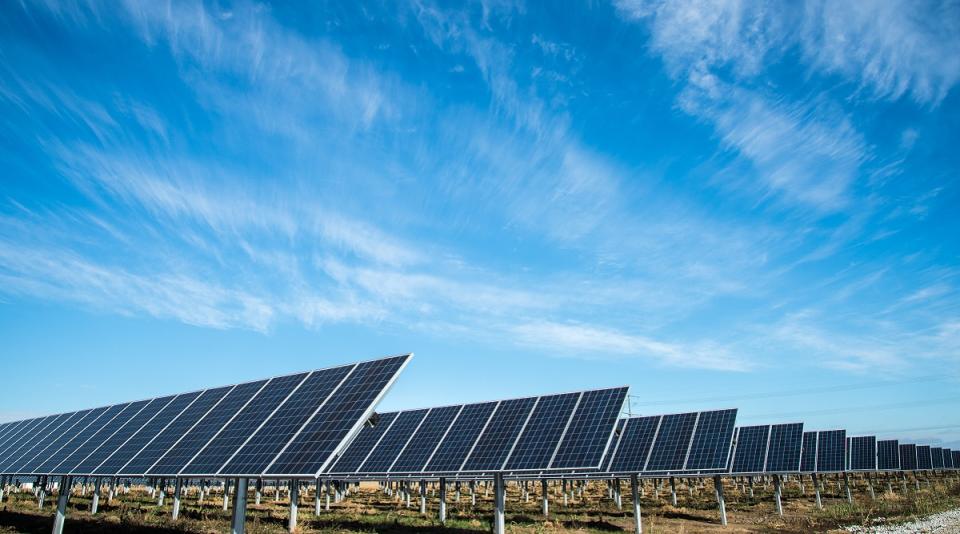Singapore’s top 100 companies found to have outperformed the global average in sustainability reporting: KPMG

Singapore's sustainability reporting rate grew by 19% to 100% in 2022, up from 81% in 2020 for the country’s top 100 companies
In recent times, sustainability reporting has grown steadily, with 79% of leading global companies now providing sustainability reports, a marked increase from only about two-thirds of these companies doing so 10 years ago, according to KPMG's 2022 Survey of Sustainability Reporting.
KPMG’s survey evaluates the largest 100 companies, also known as N100, in each of 58 countries or jurisdictions every two years, or 5,800 companies in total.
At present, the Asia Pacific (APAC) region leads with 89% of its companies undertaking sustainability reporting. This is followed by Europe at 82%, the Americas at 74% and the Middle East and Africa at 56%.
While North America and Western Europe emerged with the highest overall reporting rates, the Middle East and Apac regions stood out on integrated reporting. Meanwhile, Latin America stands out on biodiversity reporting and Africa stands out on social and governance reporting.
Meanwhile, the world’s top 250 companies – the G250 – are almost all providing some form of sustainability reporting, with 96% of this group reporting on sustainability or environmental, social and governance (ESG) matters.
The G250 consists of the top 250 companies by revenue based on the 2021 Fortune 500 rankings.
However, KPMG’s findings reveal that there remains a disconnect between the urgency of addressing climate change and social equity, and the “hard results” provided by businesses.
In Singapore, the sustainability reporting rate grew by 19% to 100% in 2022, up from 81% in 2020 for the country’s top 100 companies.
“In this latest report, Singapore takes the lead for sustainability reporting globally. This is an encouraging indicator of progress and reflects the country’s determination to consistently deliver on earlier climate commitments,” says Cherine Fok, partner at KPMG ESG at KPMG Singapore. “With the groundwork being laid, we can look forward to a deepening in the next phases of sustainability reporting, with more focus placed on complex aspects such as climate impact modelling, analysis of the socio-economic impacts arising from climate change, and a clearer link between sustainability performance and enterprise value.”
In particular, Singapore companies have scored better than the global average for material topics identified, reporting of carbon reduction targets, the inclusion of ESG information in their annual reports, acknowledging climate change as a financial risk to business and in terms of governance when it came to appointing a member of the board or leadership team to be responsible for sustainability as well as including sustainability within compensation.
There has been marked improvements in companies reporting carbon reduction targets, but action remains too slow in key related areas, with less than half of companies currently recognising biodiversity loss as a risk
However, KPMG observes that among the thousands of reports analysed, less than half of the world’s largest companies provide reporting on ‘social’ and ‘governance’ components of ESG.
The report notes how ESG disclosures continue to be overwhelmingly narrative-driven, rather than publishing quantitative or financial data regarding impacts, which is clearly an area of improvement for companies around the world.
As such, KPMG’s report outlines certain tangible ways businesses can invest in sustainability reporting, including understanding stakeholder expectations, incorporating materiality assessments into reporting, aligning reporting to mandatory or voluntary frameworks, investing in quality non-financial data management and understanding the impact of climate change and social issues on business.
See Also:
Click here to stay updated with the Latest Business & Investment News in Singapore
Why storage is key in enabling APAC to unleash the power of data
CEREIT enters into EUR180 mil sustainability-linked loan facility
Get in-depth insights from our expert contributors, and dive into financial and economic trends

 Yahoo Finance
Yahoo Finance 